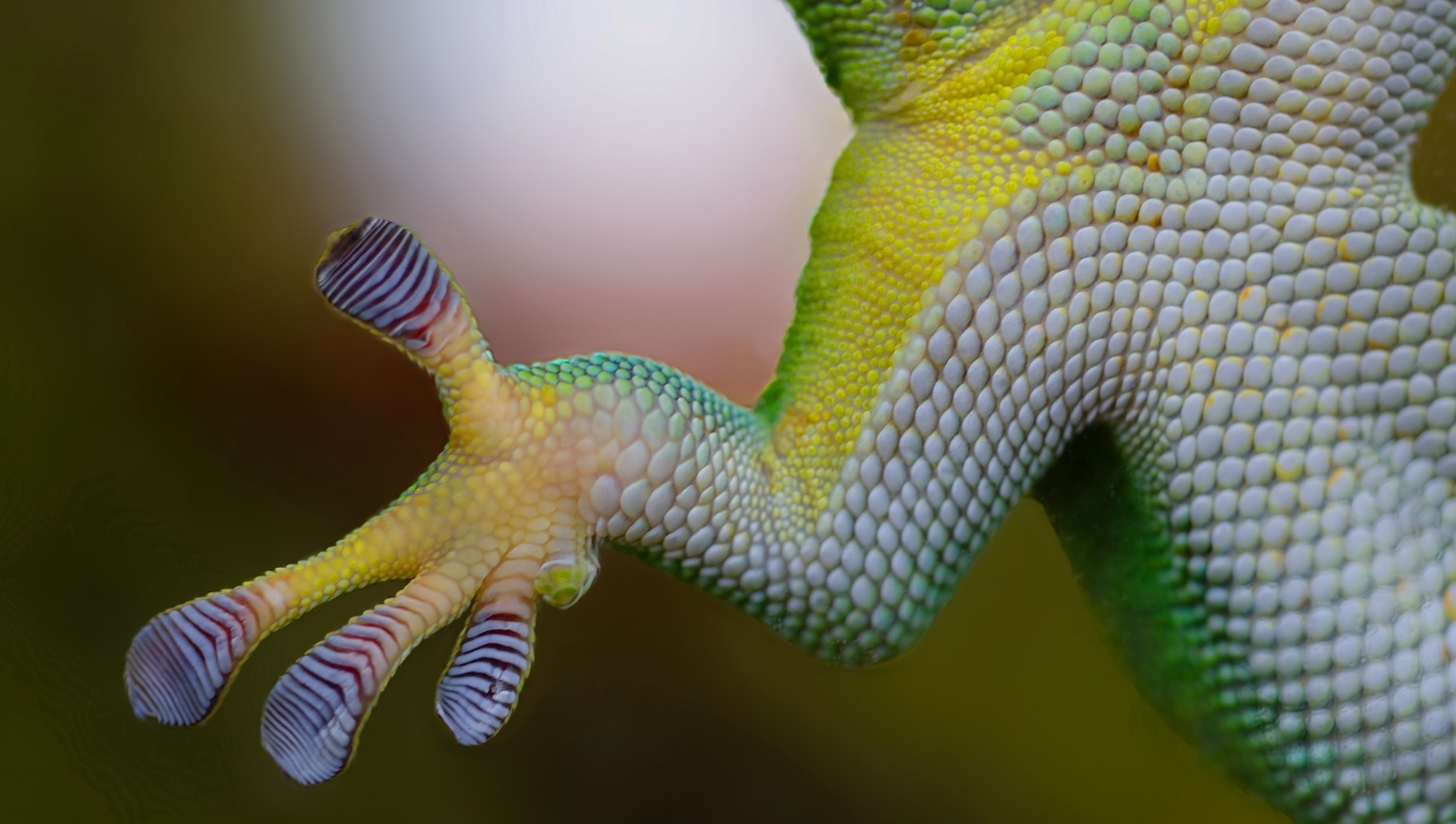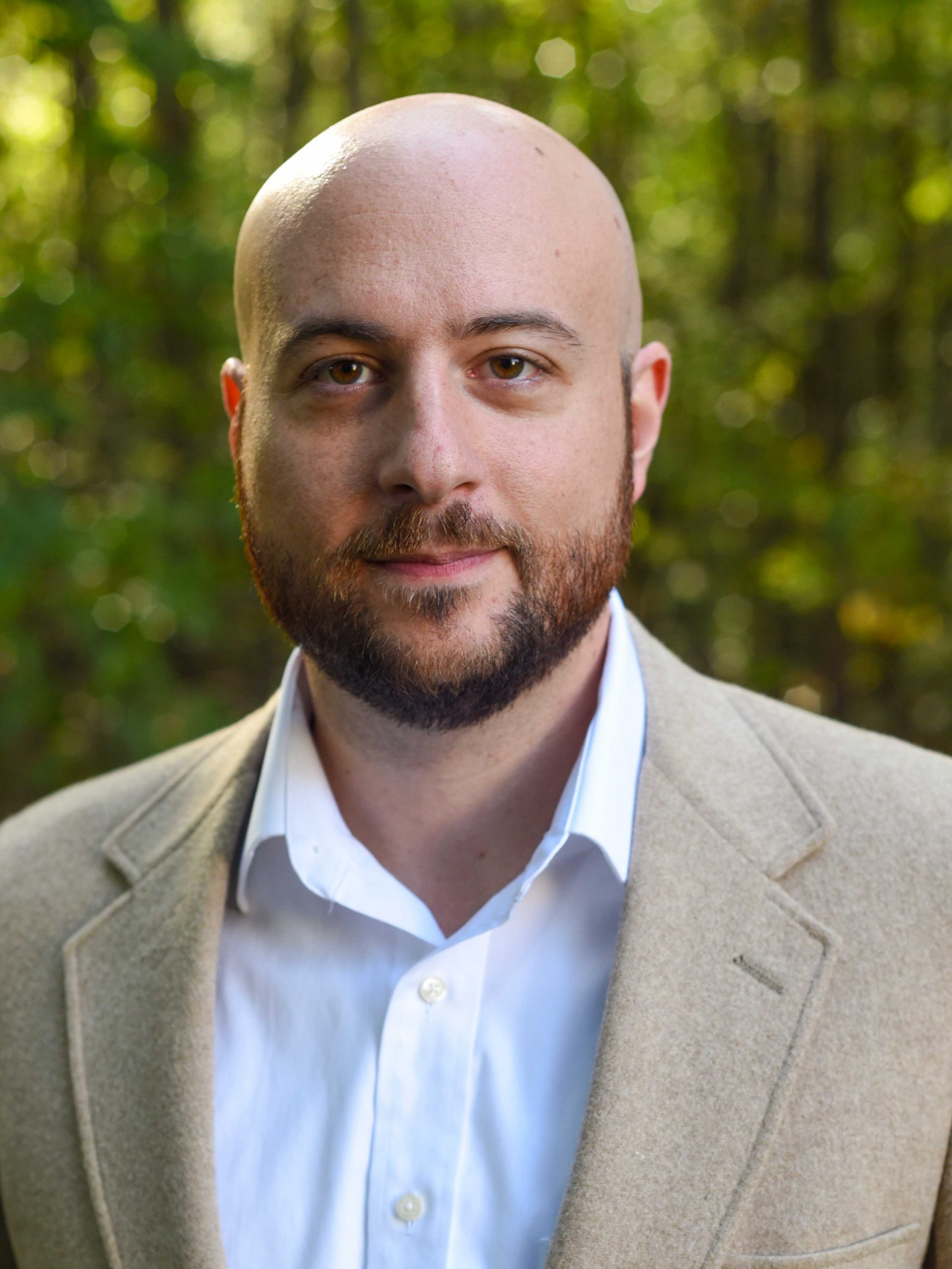
My kids love Winnie the Pooh. They love to parade around our flat and sing, “The wonderful thing about Tiggers is Tiggers are wonderful things. Their tops are made of rubber, their bottoms are made of springs!” It’s a song that Tigger the tiger sings in the Disney film Winnie the Pooh and the Blustery Day. Tigger is explaining to Pooh Bear the things that make him so wonderful. All of the individual parts that make up Tigger are the things that make him so wonderful. Is this not also true when we look at nature?
Whether as scientists or curious observers, when Christians look at nature we are amazed. We love to marvel at the wonder of God’s creation in both the whole and the individual parts. Those individual parts paint a grand picture of the whole of nature. Sometimes, when we take a closer look at the individual parts, it can cause us to wonder at the whole of nature. Kids are particularly good at this.
One day, my 5-year-old son asked me, “Papa, what happens to food after I eat it?” His curiosity led us on a wonderful journey of just one system in his body. We discussed how his body works, why it needs food, and how it deals with the “waste.” This discussion evolved into talking about how all the systems of the body are related and work together to make him into one whole human being. We began with the individual parts and ended with the whole. All the while, we marveled at how our whole bodies work.
Child-like curiosity is a wonderful thing. It is the key to wonder. Without curiosity there would be no wonder. Neil Degrasse Tyson recently said, “Kids are born curious about the world. What adults primarily do in the presence of kids is unwittingly thwart the curiosity of children.” Tyson argues that telling kids not to play with eggs, we stifle their curiosity to find out what happens when eggs break. In other words, we stifle kids’ curiosity to explore and, ultimately, wonder.
I once heard a biology professor say “All scientists are really just kids who never grew up. They never lost their sense of curiosity about the world.” Scientists are not the only ones who are curious about the world. Pastors, theologians, and philosophers (just to name a few) are also very curious about the world. Sometimes they ask similar or related questions to scientists. But all these disciplines have at least one thing in common, they all lead to wonder.
Nature is full of wonder. Recently, I visited the Münster zoo in Germany with my family. Typically, it is my kids who enjoy it the most. But there was something different for me on this trip. As we passed the wide variety of plants and animals, there was a wonderous realization; all of life is related. I had what you might call, a Grand Canyon moment. The Grand Canyon offers a unique experience. It sets a person in perspective with the vastness of the universe. For a glorious moment we can feel our own insignificance in front of such vast beauty.
Standing in the Münster zoo, I had a similar flash of wonder. I had a moment of awe through feeling my own insignificance in the vast web of biological life. As we walked along I contemplated the similarities between individual organisms. How penguins are similar to ostriches. How fish are similar to reptiles. And, yes, how monkeys and apes are similar to humans. It wasn’t just the anatomical similarities that were so remarkable, it was the behavioral similarities. Watching monkeys display competitive, jealous, or inquisitive behavior. Watching apes use a stick to dig peanut butter from the bottom of a jar made me feel like I was watching our common ancestors use tools for the first time. It was as if I had taken a time machine back 100,000 years and was watching history happen. Walking through the zoo was like taking a personal tour through individual branches of the whole evolutionary tree. I felt the simultaneous wonder of belonging to nature, while also having the unique calling by God to care for it.
In every area of life, we are reminded that the universe declares the glory of God. Our glorious God has made each individual part of nature to lead us to wonder. That alone makes nature worth exploring. Or to say it another way, the wonderful thing about nature, is nature is a wonderful thing.

Mario Anthony Russo is a pastor, writer, and church planter. He lives with his wife Virginia and two children in the Rhine-Ruhr region of Germany. He holds an Interdisciplinary Bachelor of Science degree in Biology and Psychology (University of South Carolina), a Master of Arts in Religion (RTS), and a Doctor of Ministry (Erskine College & Seminary). During his nearly two decades of researching, writing, and speaking in the field of Science and Religion, Mario has developed a love for the interaction between science and faith, missiology, and pastoring. You can follow him on Twitter @Mario_A_Russo